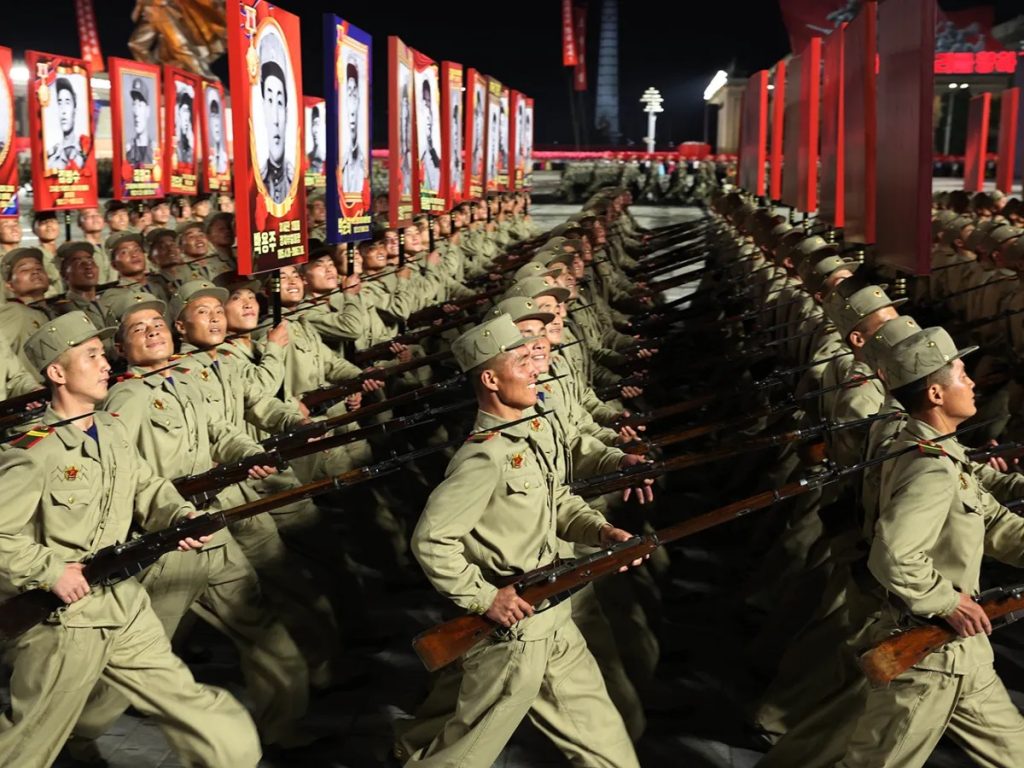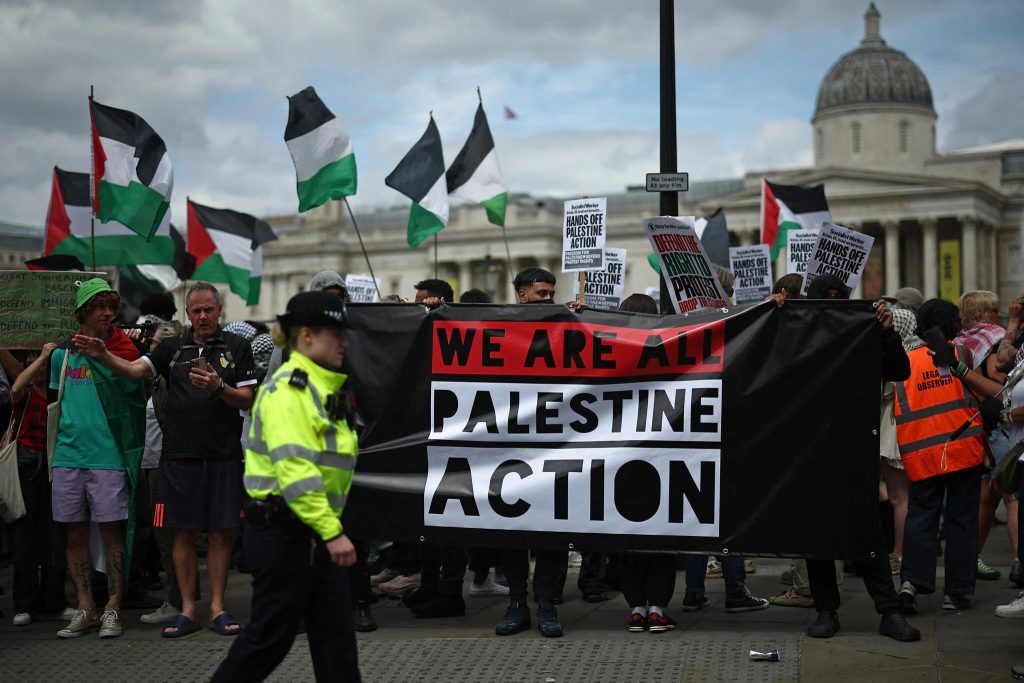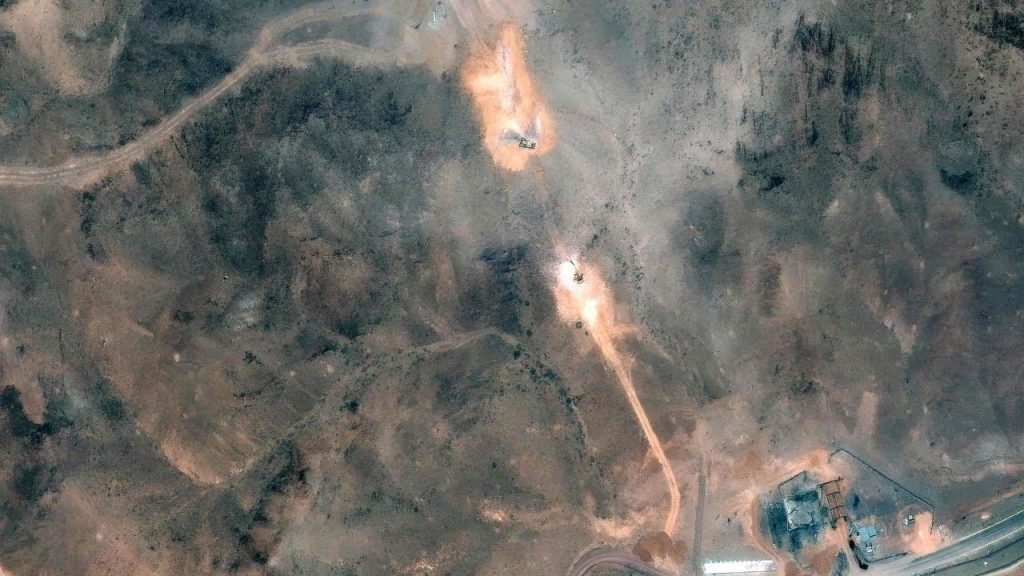World
Embassy reopens as Switzerland returns to Iraq after 33 years

The Swiss Foreign Ministry announced on September 3, 2024, that Switzerland’s embassy in Baghdad has reopened, marking its first reopening since it was closed during the 1991 Gulf War.
The embassy remained shut while many other European missions resumed operations.
The decision comes as the security situation in Iraq has significantly improved after years of conflict.
The Swiss Foreign Ministry stated that the embassy aims to bolster bilateral relations as Iraq increasingly plays a role as a mediator and bridge-builder in the Middle East.
The statement highlighted Iraq’s ongoing efforts for regional peace and security.
It also noted that Iraq’s energy resources and economic diversification present promising long-term opportunities for Swiss companies.
Gulf war and embassy closure
The 1991 Gulf War, also known as Operation Desert Storm, was a conflict that arose after Iraq, under the leadership of President Saddam Hussein, invaded Kuwait on August 2, 1990.
This invasion was met with international condemnation, and a coalition of forces led by the United States launched a military campaign to expel Iraqi forces from Kuwait.
The war officially began on January 17, 1991, and ended on February 28, 1991, with the liberation of Kuwait and a ceasefire agreement.
As the conflict escalated, many foreign embassies in Iraq, including those of European nations, faced significant security risks.
Switzerland, known for its longstanding policy of neutrality, decided to close its embassy in Baghdad in 1991 due to the volatile situation.
The closure was primarily driven by concerns for the safety of diplomatic staff and the deteriorating security environment in Iraq.
The Swiss embassy, along with several others, remained closed even after the war ended.
The impact on diplomatic relations between Switzerland and Iraq was significant.
The closure marked a hiatus in direct diplomatic engagement between the two countries.
Switzerland, like many other nations, relied on limited consular services through neighboring countries or third-party nations to manage its affairs with Iraq.
Despite the end of the Gulf War, the political and security situation in Iraq remained unstable throughout the 1990s.
This instability prevented many European nations from reopening their embassies.
However, some European embassies did begin to reopen in the late 1990s and early 2000s as the situation improved slightly.
Nevertheless, Switzerland maintained its cautious approach and did not reopen its embassy until much later.
Iraq’s improved security situation
Iraq’s security has improved significantly since late 2017, following the military defeat of ISIS.
The defeat of ISIS marked a critical turning point in Iraq’s struggle for stability.
The terrorist group once controlled much of Iraq, including Mosul, which Iraqi forces recaptured in July 2017 after nine months.
The Iraqi Armed Forces’ concerted military effort liberated Mosul and other territories formerly held by ISIS.
International coalitions, including the U.S.-led Operation Inherent Resolve, supported this effort.
This campaign involved extensive ground operations, airstrikes, and the support of local militias such as the Popular Mobilization Forces (PMF).
The retaking of ISIS-held areas significantly improved the security landscape in Iraq by reducing the group’s ability to conduct large-scale attacks.
It also allowed for the restoration of government control in those regions.
In the years following ISIS’s defeat, violence and terrorist activities have gradually declined in Iraq, although challenges remain.
The government’s efforts to rebuild liberated areas, restore public services, and resettle displaced populations have contributed to stabilizing the situation.
Reduced sectarian violence and dismantled insurgent networks have created a more secure environment, especially in urban centers like Baghdad.
As a result, life in these areas has returned to a semblance of normalcy.
These security improvements have had a direct impact on the safety of diplomatic missions in Iraq.
With the diminished threat from ISIS, more countries have confidently reopened embassies or expanded diplomatic presence in Baghdad.
The Swiss decision to reopen its embassy signals a shift in perception that Iraq is no longer a war-torn nation.
However, Iraq still faces security challenges.
For Diaspora Digital Media Updates click on Whatsapp, or Telegram. For eyewitness accounts/ reports/ articles, write to: citizenreports@diasporadigitalmedia.com. Follow us on X (Fomerly Twitter) or Facebook












